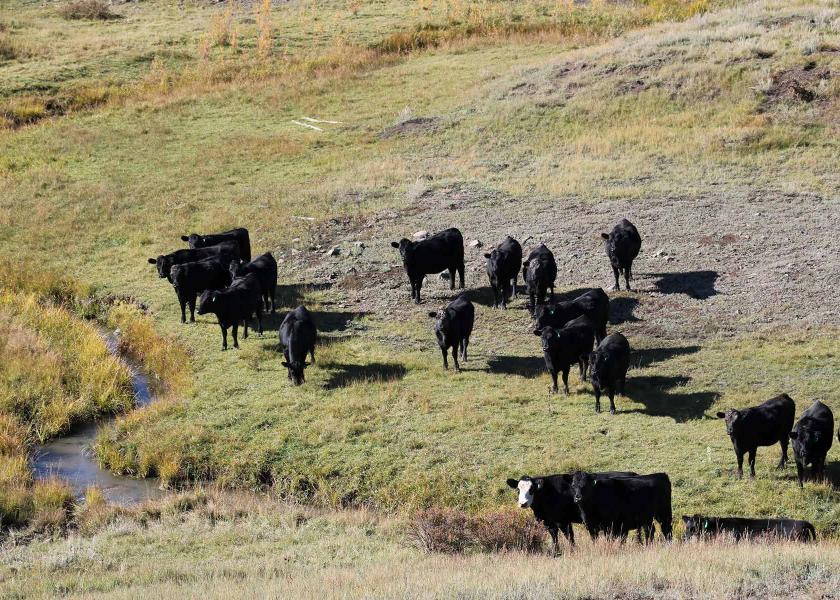Booker’s Farm System Reform Act ‘Misguided’, NCBA Says

New Jersey Sen. Cory Booker re-introduced his Farm System Reform Act, a bill he says would “transform a broken system.” Similar legislation was introduced in the House by Congressman Ro Khanna (D-CA). The lawmakers claim the legislation will “create a level playing field” for independent family farms.
"Economic concentration in agriculture has been hurting our country, especially rural America, for decades,” Booker said. “The top four beef packing companies control nearly 85% of the market. The top four pork packers control 71% of the market. These companies have too much market power, and it comes at the expense of independent family farmers, who earn just 14.3 cents of every dollar spent on food.”
The Farm System Reform Act, however, targets more than just big meat packers. It would place an immediate moratorium on new and expanding concentrated animal feeding operations (CAFOs) and force the largest ones to close by 2040. To make that possible, the Farm System Reform Act would authorize $100 billion over 10 years for voluntary buyouts of CAFOs.
Those funds could be used to partially or fully pay off outstanding debt on those CAFOs, or to cover transition costs to alternative agriculture activities – raising pasture-based livestock, growing specialty crops or organic commodity production.
The Farm System Reform Act would:
- Force cattle feedlots of more than 1,000 head to close by Jan. 1, 2040
- Hold corporate integrators responsible for pollution and other harm caused by CAFOs
- Provide a voluntary buyout for farmers who want to transition out of operating a CAFO
- Strengthen the Packers and Stockyards Act to protect family farmers and ranchers
- Restore mandatory country-of-origin labeling requirements for beef and pork and expand to dairy products
- Prohibit the United States Department of Agriculture (USDA) from labeling foreign imported meat products as "Product of USA"
The National Cattlemen’s Beef Association was quick to label the Farm System Reform Act “misguided.”
NCBA Vice President of Government Affairs Ethan Lane said, “In the past week, Democrats in Washington have put forward two starkly different proposals for strengthening the future of American cattle farmers and ranchers. One of these paths, namely the recent announcement from Secretary Vilsack, offers practical, long-term progress for our producers. The alternative, introduced today in Congress, is the kind of broad, jumbled mess you get when you’re more focused on Twitter and talking points than the sound legislating rural Americans need.
“Ninety-five percent of cattle raised in the United States visit a feedyard. Feeding operations aren’t antithetical to small, family-owned farms and ranches — they’re part and parcel of the same, symbiotic supply chain that produces the most nutritious, sustainable beef in the world. Cattle feeders respond efficiently to meet a wide range of consumer demands, and that efficiency is one of the main reasons why the United States has had the lowest beef GHG emissions intensity in the world for 25 years. As our food supply chain is taxed by a growing number of mouths to feed at home and abroad, this efficient production system will be more vital than ever,” Lane continued.
“NCBA has long been on the forefront of issues like accurate ‘Product of the USA’ labeling, competitive and transparent markets, and a more resilient supply chain. While it is positive to see some of these key producer concerns receiving attention from two new members of the Senate and House Agriculture Committees, we’re also frustrated to see them buried in such a sprawling, misguided package.”
Farm System Reform Act title-by-title summary.
Farm System Reform Act endorsements.







